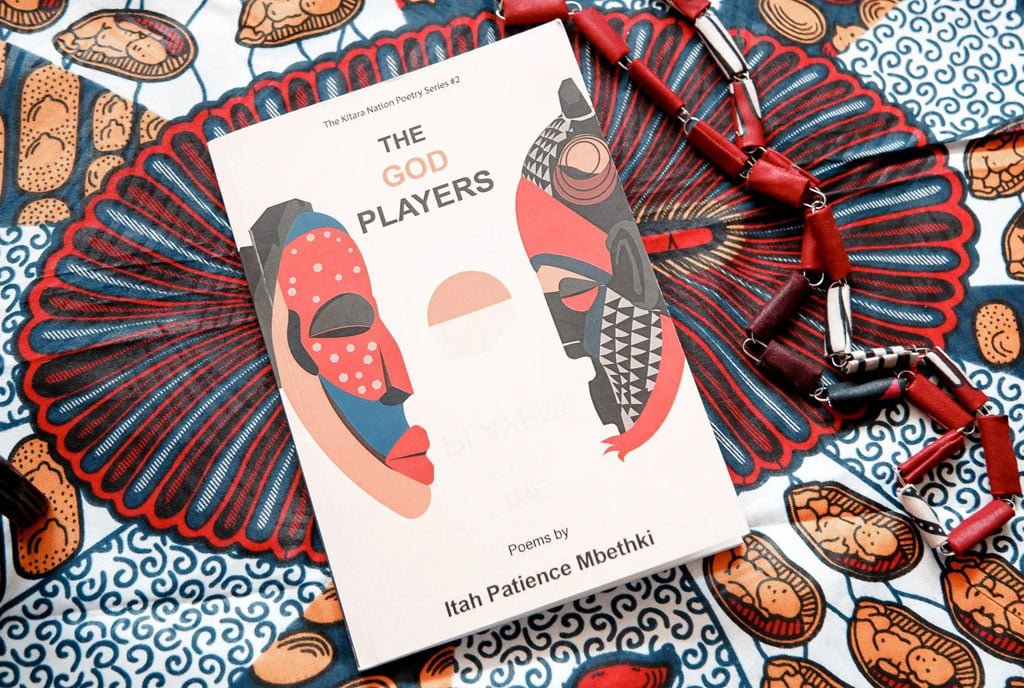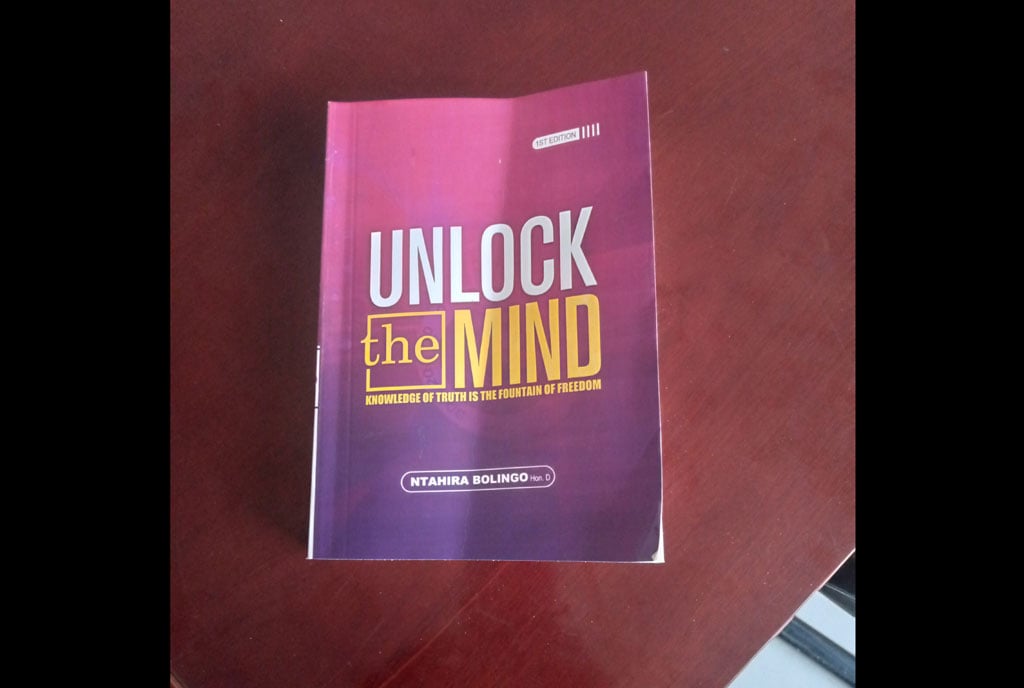From politics to sexuality, poetry collection enchants

Book cover. PHOTO/FILE
What you need to know:
- Book Title: The God Players
- Author: Itah Patience Mbethki
- Year of Publication: 2020
- Price: Shs35,000
- Pages: 59
- Where: Aristoc Bookshop
A great poet is best defined by their intellectual preoccupations and how those musings freeze the permanence of time into moments which last forever.
Chinua Achebe’s poetry, for instance, meditates on African culture, identity, and history and how that trinity integrates universal themes into the wholesome of their parts. His poetic approach allows the reader to explore life in all its variety without being restricted to a particular cultural context, while expressing particularist thought.
Then Okot p’Bitek, arguably Uganda’s finest poet, used his first collection of poetry, Song of Lawino, to highlight the conflict of cultures. Okot p’Bitek’s freshman book was followed with Song of Ocol and a third volume, Two Songs, includes Song of a Prisoner and Song of Malaya to amplify this approach.
The God Players, a poetry collection wonderfully written by Itah Patience Mbethki, doesn’t depart from similar contemplations. Rendered in five parts, it moves easily between the spoken rhythms of its lines as the invocation of its balladry binds each poem to a sensuality of eloquence.
In PART ONE: PICTURE (I have got it too.), Ms Mbethki’s poem “I too have got it” reads like a philosophical musing while speaking to less-than-lofty happenings:
“It is not the lack of faith
keeping my feet hanged
From the moving postures of
disinterest
But the idyllic set of the
moment that promises time:
‘Tomorrow’
‘Next month’
‘Next year, perhaps?’
The behaviour of these lines in relation to each other, “their choreography,” identifies her “then” and “now.”
In PART TWO: THIS TEACHING THING (Ela Bya Ba Slay Queens), the poet examines the “self-made” curves of the Kardashians as a self-portrait of her own shortcomings.
She is tantalisingly honest.
In the poem “This Teaching thing,” teaching is revealed as a delicate balancing act on the high-wire of extracurricular activity:
I say this teaching
thing teaches the teacher
More than the taught,
Because you study the boys
And study the girls
And study the cores
And study the boss
And study the mood
Before you run to class
And unlearn the learned
For the mood has changed,
And the boys have changed
And the girls have changed
And the boss has changed.
After reading this, you realise that to teach is to learn. And to learn is to unlearn all that we have been taught in a dynamic world.
As to the style, we should note that this particular stanza is beholden to a double structural feat—it is both free and limited to no less than four words and no more than five words per line.
In its freeness, it is a fixed form with a distinct pattern, like the sonnet, villanelle, or sestina. It is both expansive in its form, and contractive, in requiring the limitation of incantatory energy that comes with it being tailored towards the spoken word.
PART THREE: MWE MUSAAGA (My Marks Stretch Love) of the book is a mixed bag of hilarity and hard-hitting reminders of what it means to be a man. My favourite was:
“Naye Men!”
“Wake up
Otherwise,
One of these days, we will
Have women discussing the
how expensive
It is to run a man…”
The Poet laments how the roles of men being the provider and women being the ‘kept’ are being thrown into a humorous recasting.
Soon, it is clear; the feminists will not need to castrate a chauvinist. The chauvinist will castrate himself by his own volition.
The “Kati kambuuze” conversational flow of this poem makes it work like a charm. It is brilliantly engaging.
“My Princess in the wild”, “Crown” and “Amara” segue into heart-tugging terrain that will not leave a dry-eyed reader in their wake.
Touching. Loving. And wholly sincere.
PART FOUR: COUP (The God Players) is political.
Read “THE CYNICISM OF POWER”, it is universal in its powerful message:
“The powerful panic and turn
Their pupils into a pit ball
Of fireballs
The many fall pits become
Their netting charge they crumble men
And cause some to tear up
In shredded hope.
The dreams of the others
Are kicked in zest
To advance the greed
And insatiable
Needs and wants
That grow their egos.”
The poet expertly shows how our political culture has been commodified. In this vein, the commodity of power is priced so that only the rich can afford it. And it is thereby sealed off from true patriotic feeling.
“I AM NOT A POLITICAL TONGUE” and “GENERAL” are poems that will knock any complacent ruler off-balance.
PART FIVE: SOCIAL MEDIA LOVE (This love also) is a somewhat cynical meditation on love.
You almost catch frostbite from such cold words:
“Don’t tell me to love you,
My heart belongs only to
Me.”
On the whole, this book is a triumph for the author.
The lexical arrangements uplift its rhythm with a triumph of epistrophic repetition that is typical of the Ugandan spoken word idiom (For the mood has changed/And the boys have changed/ And the girls have changed/ And the boss has changed).
Each part of the book (which is accompanied by illustrations) is heightened to the echo chamber of history.
Oh yes, these words will ring through time.




